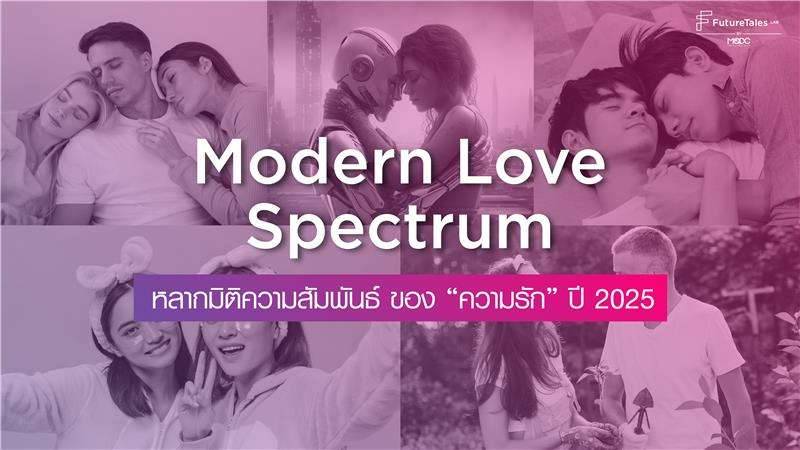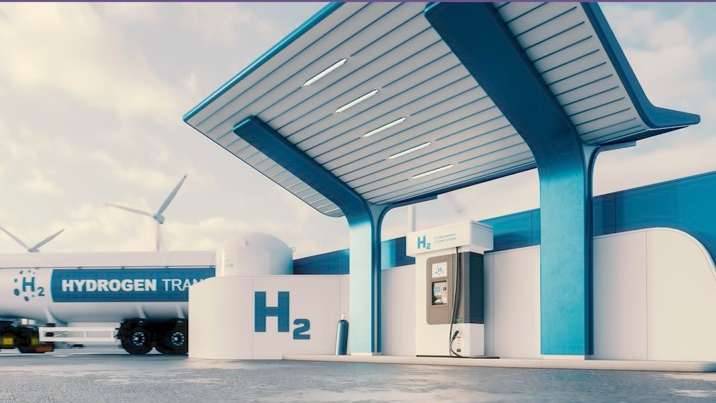
Future Relationship Models: A New Definition of Love in Society
ARTICLES | Feb 13, 2025
In the past, love and relationships were often confined within traditional social norms. However, as the world evolves, the definition of "relationships" has expanded, allowing individuals to create connections that truly reflect their identities and emotional needs rather than conforming to conventional structures.
With advancements in technology, shifting cultural values, and broader perspectives on love, we are entering an era where relationships are no longer defined by gender, status, or societal expectations. Instead, they are shaped by personal choices and mutual understanding. A recent survey found that over 70% of young people in Southeast Asia believe that non-traditional relationships should be more widely accepted.
This article explores five emerging relationship models that reflect these societal changes and could redefine love in the future.
1. Polyamorous Relationships (Open Love with Multiple Partners)
A dynamic relationship where individuals can have multiple romantic partners with mutual consent. A study shows that 20% of Gen Z in the U.S. consider polyamorous relationships as an acceptable option.
Future Impact: This model challenges traditional notions of fidelity, introduces new family structures, and may contribute to lower divorce rates.
2. Virtual Partner Relationships (Love in the Digital Realm)
A relationship formed with AI or virtual human simulations in digital environments, emerging from the increasing time people spend in virtual worlds.
Future Impact: Helps reduce loneliness for those with limited social interactions, increasing the importance of mental health-focused technology.
3. Fluid Relationships (Breaking Gender Norms in Love)
A relationship dynamic that transcends gender boundaries, allowing individuals to express their love and identity freely. 70% of Gen Z in the U.S. support LGBTQ+ rights.
Future Impact: Could drive changes in marriage laws, sex education, and social freedoms, fostering safer spaces for gender expression.
4. Companionate Relationships (Lifelong Partnerships Without Romance)
A relationship centered around deep companionship and mutual support without necessarily involving romantic attraction.
Future Impact: Offers a meaningful alternative for elderly individuals or singles seeking lifelong companionship without traditional marriage.
5. Eco-Partner Relationships (Love with a Shared Environmental Mission)
A relationship where partners commit to sustainable living, reflecting the 60% of global consumers prioritizing eco-friendly products and services.
Future Impact: Encourages sustainable lifestyles and may lead to the formation of green communities for long-term environmental impact.
The future of relationships will no longer be confined by traditional definitions. Shifts in values, technology, and lifestyles will foster greater diversity, allowing individuals to form connections that align with their unique needs and circumstances across different life stages. As society evolves, it must adapt to these changes, ensuring that everyone has the space to cultivate relationships that are meaningful, fulfilling, and truly reflective of who they are in the world of tomorrow.










